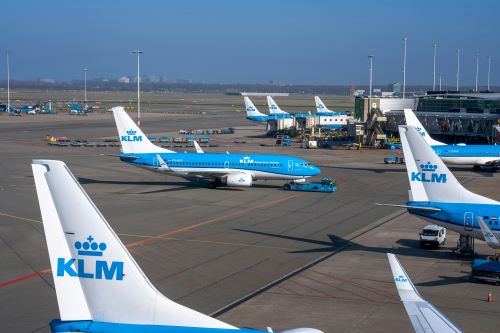
Twice a week you can find me at Amsterdam Schiphol Airport – sometimes referred to as ‘Schiphell’. Despite recent negative publicity, I need to make a case for the airport. All things are subjective, of course, but I have experienced Schiphol as an oasis of efficiency and luxury for decades. An airport that could always be found on lists of the world’s best airports. Invariably in the European top three and the global top ten.
Today, many people seem all too eager to criticize the airport harshly. I think that’s too easy. Perhaps it is unfair to judge companies – or people – solely or primarily based on their most recent performance. In the vast majority of cases, this is completely unjustified. In the case of Schiphol, recent developments overshadow 150 years of aviation history in one fell swoop, based entirely on current unique circumstances.
To properly judge anything, you need to be aware of the context. The circumstances in which choices are made and work needs to be carried out. In the system in which we all work, speed and efficiency need to be realized at the lowest possible cost. That’s simply the world we live in. Putting pressure on external suppliers – there are no fewer than eight parties involved in Schiphol’s baggage handling – is a ‘best practice’ in almost every industry.
In addition, Schiphol has gone through the unprecedentedly severe corona crisis, with millions of passengers fewer passing through the airport than usual. Not a situation in which you’d generously and preventively spend to improve employees’ working conditions. One plausible cause of current staff shortages is a side effect of the ‘flash economy’ in which groceries, meals, and packages are delivered instantly. On the job market, this new delivery industry is attracting countless people. The hospitality industry is just as affected by this as Schiphol.
Can you blame Schiphol for not predicting this labor market turnaround? Perhaps they – like almost all airports in neighboring countries – did not sufficiently anticipate their policies’ long-term effects. After all, you can hardly expect loyalty from people who receive minimum pay for hard work. Certainly not when there’s new, competitive employment on offer.
Whether you are critical of Schiphol’s personnel policy, or air traffic in general in relation to climate change: it’s easy to make a fuss from our comfortable, easily accessible position at the heart of Europe. On the periphery of Europe, opening up cities and regions by regional airports really provides a tremendous economic boost. Partly because of this, my personal long-term opinion of Schiphol will remain largely unchanged for the time being.